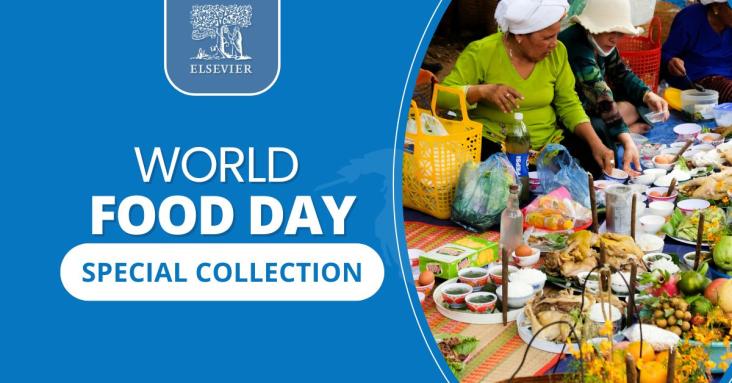End hunger, achieve food security and improved nutrition and promote sustainable agriculture

In this round up of 2025, we share the Special Collections published throughout the year to mark key UN observation days and events.

Drawing on insights from the United Nations 10-Member Group on Science, Technology, and Innovation for the SDGs, Beyond 2030 reviews the framework’s achievements to date and delivers critical insights into how the SDGs can guide global cooperation and decisive local action well beyond 2030.
The article provides a comprehensive analysis of the escalating health impacts of climate change across Latin America, as well as the region's progress and challenges in adaptation, mitigation, and engagement.

Celebrated annually on October 16, World Food Day is a key global event focused on raising awareness about food security and hunger.
